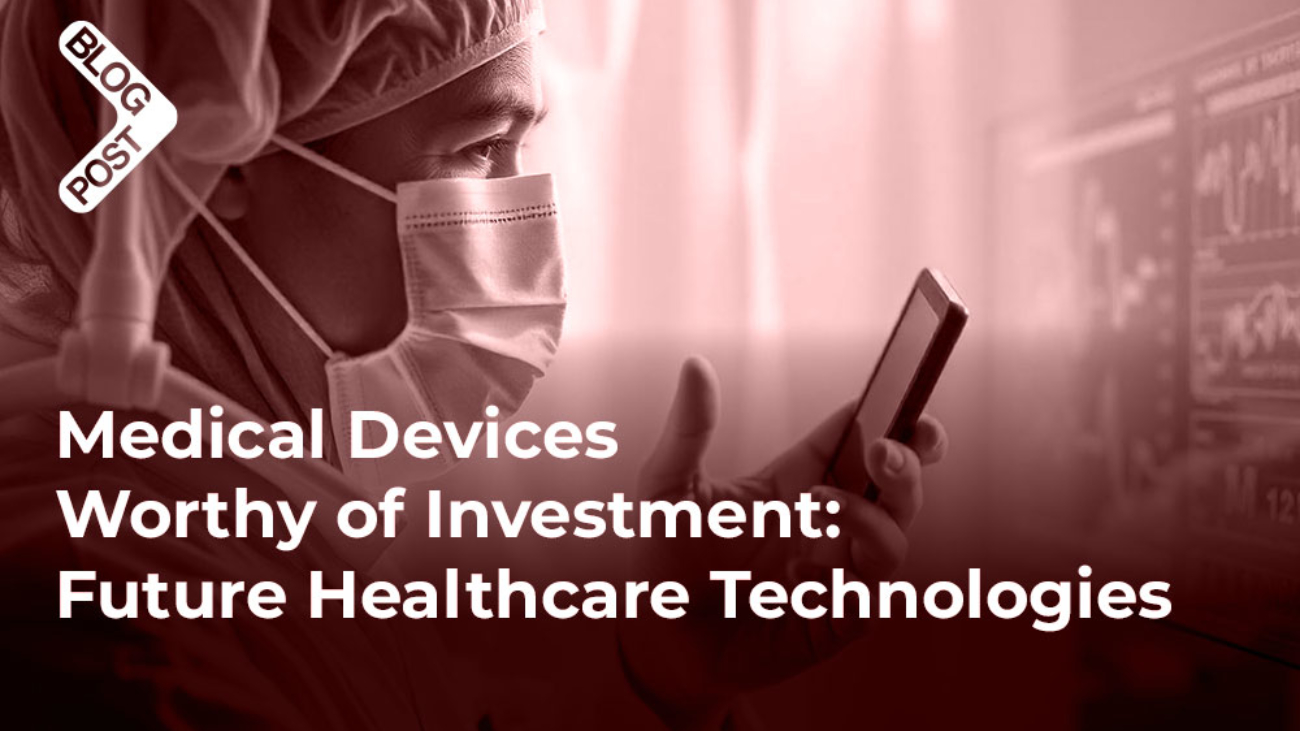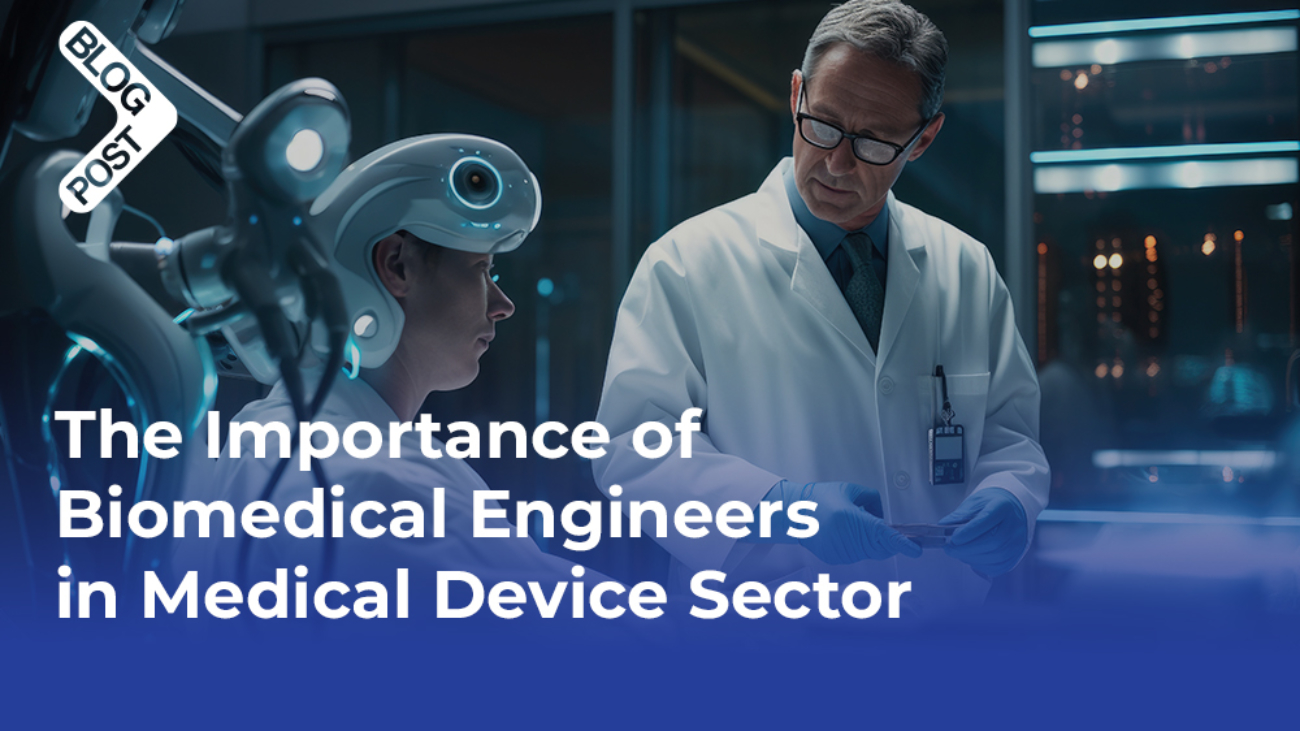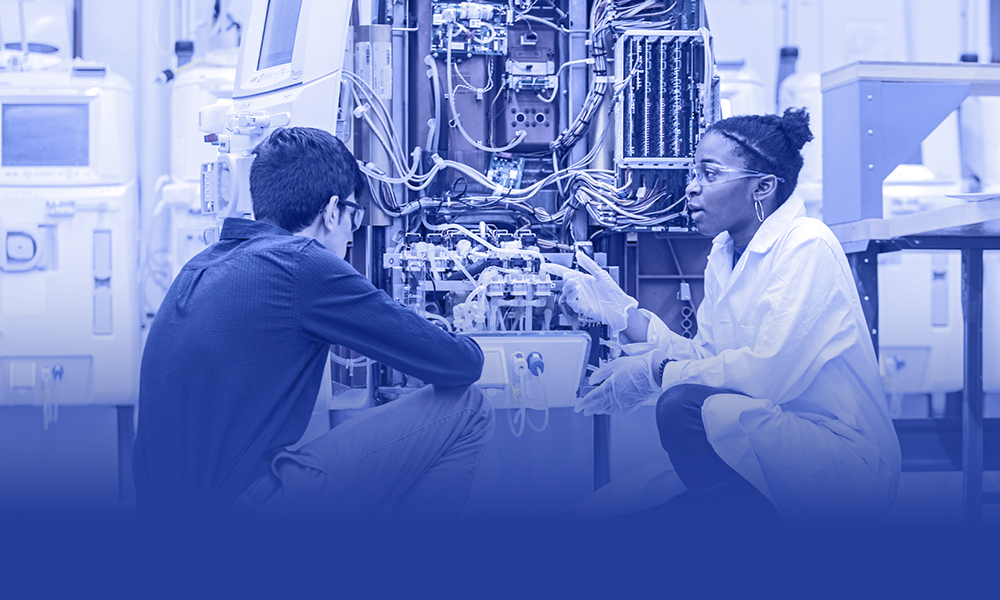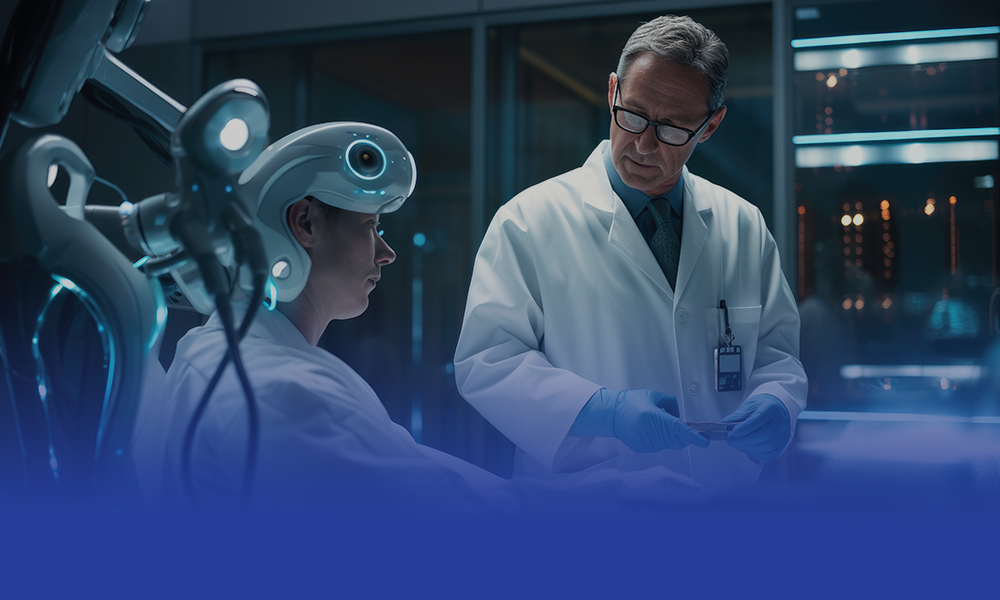You will agree that investing in long-haul businesses such as medical devices is one of the best for any capitalist in the present stock market. Its sustainability, heavy product demand, and future trends are some of the unique features that make it a worthwhile business to invest in. As a matter of fact, these medical device investments not only yield significant profits but also contribute to societal growth and overall well-being.
Additionally, these clinical devices have also been proven to be a good option for long-term benefits due to the various technological advancements. It even provides a lot of economic and medical benefits such as improved patient outcomes, accurate diagnostic treatment, etc.
So, are you looking for the perfect healthcare devices to invest in? You have come to the right blog. Stay tuned!

1. AI-powered Diagnosis and Imaging System
Ever since the introduction of artificial intelligence following the COVID-19 pandemic, medical diagnosis and pathogenic detection have witnessed a great turnaround. It has even made the visualization of human body structures more understandable by improving its quality, accuracy, and efficiency. In fact, these AI-powered devices have made medical imaging simple with the help of some unique features like VR, AT, 3D reading, and so on.
Consequently, some of these radiological devices such as radiomics, CT fluoroscopy, MRI hybrid imaging, etc are said to be valuable medtech systems due to their distinct features. So, as an investor, you can opt for a diagnostic medical device investment because it holds more potential for the future.
2. Robotic Surgical Systems
The use of robotic devices to perform minimally invasive surgeries is becoming common these days. Most surgeons are already putting this act into use as it redupContinueces blood loss, and surgical pain and provides quick recovery. This advanced surgical system is a technique that many hospitals are planning to put into practice in the coming years.
Therefore, investing in this type of system can be very valuable as it provides a greater edge to laparoscopic surgery. It’s a medical device investment that will pay off because of its precise procedure and minimal postoperative problems for complex surgeries like mitral valve repair, pancreatectomy, etc.
3. Telemedicine and Remote Healthcare Service
The Covid 19 pandemic has brought a lot of changes to many activities most especially in the case of providing services remotely. One of these exceptional services in the healthcare field is the telemedicine program. This tech treatment and diagnostic also called telehealth has grown beyond expectation as it aids patient care and treatment irrespective of their distance.

4. Advance Patient Monitoring System
Another valuable medical device investment that is liable to yield more interest is the advanced monitoring system. They are IoT-integrated devices that aid in proper health monitoring of a patient’s medical condition. In most cases, it often involves a focus from a healthcare provider on the end-user.
On most occasions, this monitoring system uses some specialized applications to keep a tab on patients in the ICU and also during operation. You can even invest in this device software as it is going beyond its use in the hospital only but also serves as an avenue for the home care channel.
5. Portable Diagnostic Device
When we are talking about medical devices that are already undergoing a great increase in demand across the globe, portable diagnostic devices are one of them. As we all know nowadays different things can cause a change in our health status, so taking our vital signs regularly is definitely important. These devices have been fashioned into mobile apparatus such as wristwatches, smartphones, tablet computers, etc that can be used at any point in time.
Venturing into portable diagnostic medical device investment is very lucrative and profitable as everyone seeks to have quick and easy access to their health. Statistics show that there is a high demand for products in the market.
6. Biotechnological Devices and Laboratory Equipment
Apart from investing in most of these medtech systems, another medical device investment that is also everlasting is funding research and biotech labs. A lot of researchers are trying to know more about the world and also proffer cures for many diseases. In the quest for this, the use of fast and accurate devices such as confocal microscopes, autoclaves, and electron microscopes is highly needed. Therefore, investing in these machines can bring a lot into your purse now and forever.
Furthermore, the advent of cloning and genomic diagnosis have risen beyond imagination and a slew of molecular automation devices are gradually emerging. Thus, funding this type of project can be a future gain for investors.
Factors to Consider When Investing
When you want to invest in medical devices, there are a series of factors that you need to put into consideration before placing your money on them. Some of the most crucial components are highlighted below:
- Device investment and purchase regulation
- Medical Company Certification (PAHO approved)
- Statistical trend and purpose of medical devices
- Current competitive analysis of the system
- Risk Management of the medical device investment
- Long-term strategy and future potential.
- Tax implications and expected returns
In Conclusion
When we are talking about businesses worthy of investment, medical devices such as the above listed are a couple of products you can fund. They are special healthcare technologies that hold a lot of promise and profits for the future. Because they provide several benefits apart from making more money and saving lives, they are like assets to the owner. But, it’s advisable to weigh their various pros and cons, particularly the company’s reputation
So, if you are a type that is looking for a reliable medical device investment company? You can reach out to Biosys Biomedical today!
References
https://typeset.io/questions/what-is-the-importance-of-investing-on-health-and-medical-5d26kdfoo1
https://enlitic.com/blogs/new-innovations-in-radiology/#:~:text=
https://my.clevelandclinic.org/health/treatments/22178-robotic-surgery
https://www.medicalnewstoday.com/articles/telemedicine
https://www.sciencedirect.com/science/article/pii/S2949866X24000030#:~:text=
https://www.gminsights.com/industry-analysis/portable-medical-devices-market#:~:text=





